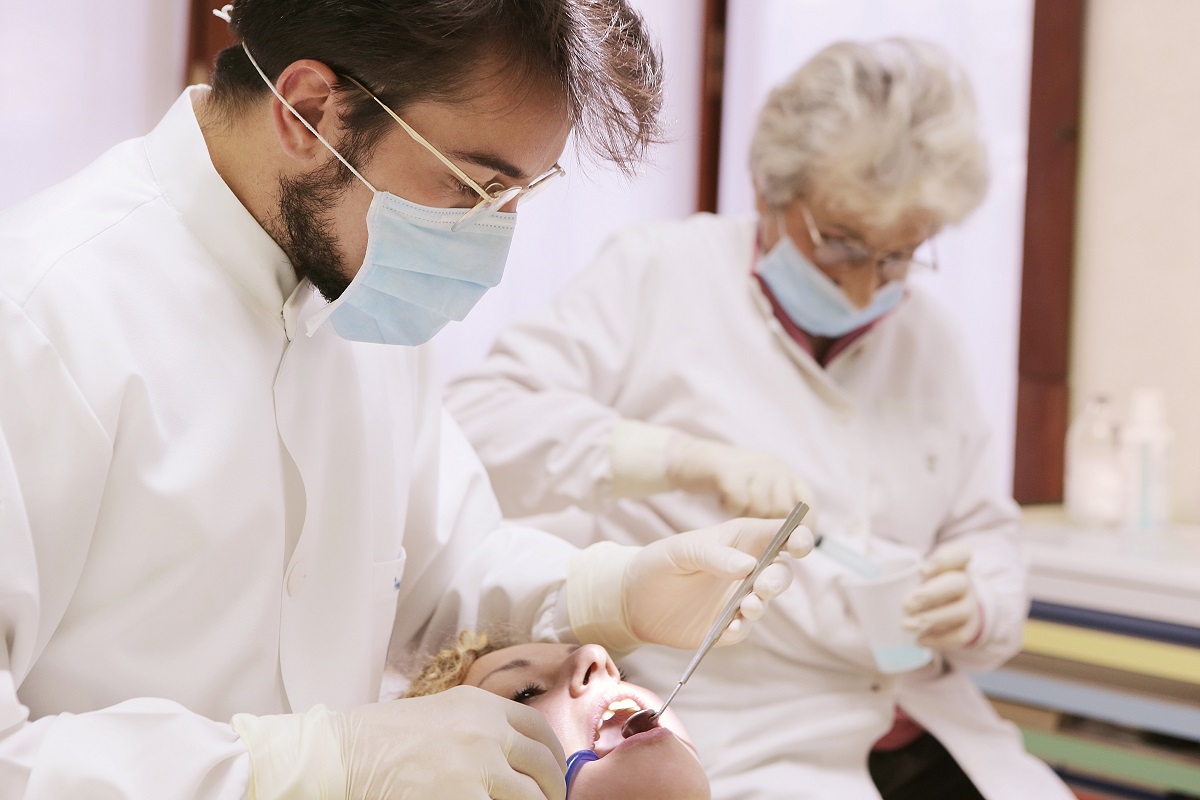If you have decided to plan a meeting with a rheumatologist in texas, you are on the correct path to better well-being. Before your most memorable rheumatology visit, it is really smart to teach yourself about what a rheumatologist does, what you can expect, and what questions you ought to remember with the goal that you can capitalize on your most memorable arrangement.
How Does Rheumatologist Respond?
Rheumatologists are internists who treat various conditions and side effects, like those that influence the joints, bones, and muscles. They know about the immune system and auto inflammatory illnesses, including rheumatoid joint pain, psoriatic joint pain, lupus, vasculitis, osteoarthritis, polymyalgia, rheumatism, and gout. When they evaluate the patient and make a finding, they might suggest drugs, non-intrusive treatment, and way-of-life changes focusing on the side effects and slow infection movement.
What a Rheumatologist Does at a First Visit
Patients might be apprehensive going into their underlying counsel — they may be stressed over a likely conclusion and uncertain of what the rheumatology visit will bring. These are reasonable worries. Here is some data about what might be finished at the first visit to decrease tension.
Takes a Patient History: This is the main piece of the visit. Be ready to share data about the course of events of your side effects, what exacerbates the side effects and how your side effects might slow down your everyday life. You might be posed inquiries that don’t appear to be connected with the side effects that have acquired you, yet be guaranteed that they are being requested valid justifications to be intensive. Kindly give a rundown of the meds you are on, and some other lab tests or imaging concentrates you may have had (if accessible) as of late. Here and there, it is smart to record subtleties ahead of time so you remember to share any significant data during your visit.
Actual Assessment: A rheumatologist will direct an itemized actual assessment. The outer muscle is a piece of the test that involves reviewing the joints for expansion and redness, surveying any delicacy to contact alongside recognizing challenges in joint development. Assuming any areas of concern, make certain to call attention to them during the test.
Surveys Following stages: Before making a finding, a rheumatologist might have to arrange blood work, for example, those used to recognize irritation, antibodies that might be related to specific rheumatic circumstances, and to preclude different infections or conditions. The rheumatologist might suggest imaging, like x-beams, to assist with grasping the reason for the side effects.
The first meeting with a Rheumatologist in Houston will probably go on for about an hour to painstakingly tune in, direct a careful assessment and accumulate however much data as expected. Alongside the itemized history and assessment, lab work and another testing might assist the rheumatologist with laying out the reason for your side effects and deciding the best course of treatment. While patients are confronting various kinds of rheumatology side effects and conditions, they all venture out of making an underlying encounter with a rheumatologist to focus on their well-being to feel significantly improved.
At Rheumatology, we are committed to treating rheumatology patients with accuracy and care. Time is the most prominent gift we can impart to our patients. We anticipate assisting you with grasping the reason for your side effects and starting to flourish on your way to better well-being. Get in touch with us today!















Giao diện tải app 888slot hỗ trợ chế độ ban đêm (dark mode), giúp bảo vệ mắt khi chơi vào buổi tối và tiết kiệm pin trên thiết bị di động – chi tiết nhỏ nhưng thể hiện sự tinh tế trong thiết kế. TONY01-04H
**mitolyn reviews**
Mitolyn is a carefully developed, plant-based formula created to help support metabolic efficiency and encourage healthy, lasting weight management.
**aqua sculpt**
aquasculpt is a premium metabolism-support supplement thoughtfully developed to help promote efficient fat utilization and steadier daily energy.
**mounja boost official**
MounjaBoost is a next-generation, plant-based supplement created to support metabolic activity, encourage natural fat utilization, and elevate daily energywithout extreme dieting or exhausting workout routines.
**men balance pro**
MEN Balance Pro is a high-quality dietary supplement developed with research-informed support to help men maintain healthy prostate function.
**prostafense reviews**
ProstAfense is a premium, doctor-crafted supplement formulated to maintain optimal prostate function, enhance urinary performance, and support overall male wellness.